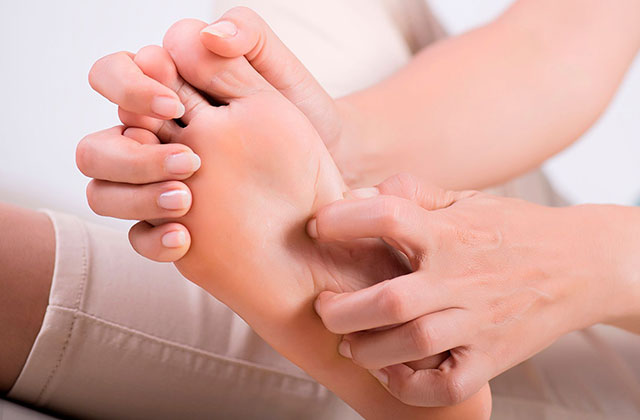Understanding Jock Itch – Causes and Symptoms
In your life, you can encounter issues about your skin – one of them can be tinea cruris or what is commonly called jock itch.
Jock itch is a type of fungal infection. The fungi, which is also the same one that causes ringworm, thrives in moist and warm areas in your body. Jock itch, in particular, live in the skin in your groin area. It can also be found in the buttocks or inner thighs.
The skin disease can commonly infect male athletes, hence the name. But don’t be deceived – even females and non-athletes can get it too.
The fungi are harmless but they can carry uncomfortable symptoms. The bad thing is, this type is extremely communicable. They can grow fast and spread to other areas of your body.
How do you know it’s jock itch?
If you suspect that you are dealing with jock itch right now, here are some of the symptoms you might want to check:
- Itching sensation
- Burning sensation
- Scaly and raised patches
- Circular shaped patches
- Redness in the affected area
- Peeling or flaking skin
The infection can reach the abdomen and buttocks. Fortunately, the scrotum is usually not affected.
What makes you more susceptible to jock itch?
There are habits or circumstances which make some people more prone to getting tinea cruris. Here are some:
- Wearing tight shorts or clothing that can cause skin irritation
- Frequent sweating in the groin area
- Sharing damp used towels
· Wearing wet bath suits for a long period
- Skin contact with a person who has jock itch
- Diabetic people
- Immuno-compromised people
- Obese individuals
How can you get jock itch?
Dermophytes, the fungi that cause this skin disease is extremely communicable. There are a few of these fungi that live on the surface of your skin, and that’s completely natural. However, if they can find an area in your body that is moist and warm, that’s when they multiply rapidly. This is possible if you are exposed to warm weather which makes you sweat a lot. If you also live an active lifestyle – that is, if you have a regular exercise regimen and you wear sweat-soaked clothing for a long time, you might be setting up the perfect living quarters for these dermophytes.
Once their grown goes out of hand, they become visible and form the familiar ring-shaped patch on your groin.
So where and when can you usually get the infection?
Having close personal contact with someone who has a jock itch can be one cause. Since it is a contagious infection, sharing towels, shorts, or tights with an infected individual can pass the fungi to you.
When should I see a doctor if I have a jock itch?
If you have a suspicion that you are dealing with jock itch, the best thing that you can do is to contact a doctor immediately. Leaving it untreated can make it persist for months. It can also spread to other parts of your body or to your friends and loved ones who have close contact with you.
You can start by trying out home treatments if you want. But if it worsens or if you do not see signs of your jock itch infection going away after two weeks of applying natural remedies, seek the help of a doctor so that you can get diagnosed and treated. If your jock itch patch does not respond to a common medication, you will need the help of a licensed physician to obtain a stronger type of medicine. Your doctor might include any of the following anti-fungal drugs:
- Econazole
- Itraconazole
- Oxiconazole
- Fluconazole
- Topical medicines
- Oral medicines
How do doctors diagnose jock itch? A simple physical example or simply looking at the skin infection can suffice. Doctors can usually diagnose and differentiate skin conditions by sight.
If your skin patch may look like another form of infection or if there is doubt as to what skin disorder that you have, the physician may request a laboratory examination by taking a sample of your skin cells by scraping your skin. This is useful in ruling out other skin diseases.
If you do not want to personally meet with a doctor face-to-face at your local walk in clinic Brantford because of the COVID-19 situation or because of personal choice, you can still get your skin infection diagnosed by contacting an online dermatologist. Virtual health care offers the same services including the issuance of digital prescription if needed. Most of the time, it will also be cheaper to have the consultation online. Most virtual clinics are also covered by Canadian public health insurance so you would not have to worry about spending dollars on check-up fees. Consulting an online doctor is better than not reporting your case to a physician at all.
Understand how jock itch starts and the symptoms that you need to look out for so that you can make an informed decision about your skin infection. Get diagnosed and treated right now.
